There are only 10 of the smallest marine mammals left. Here's what scientists say about their survival
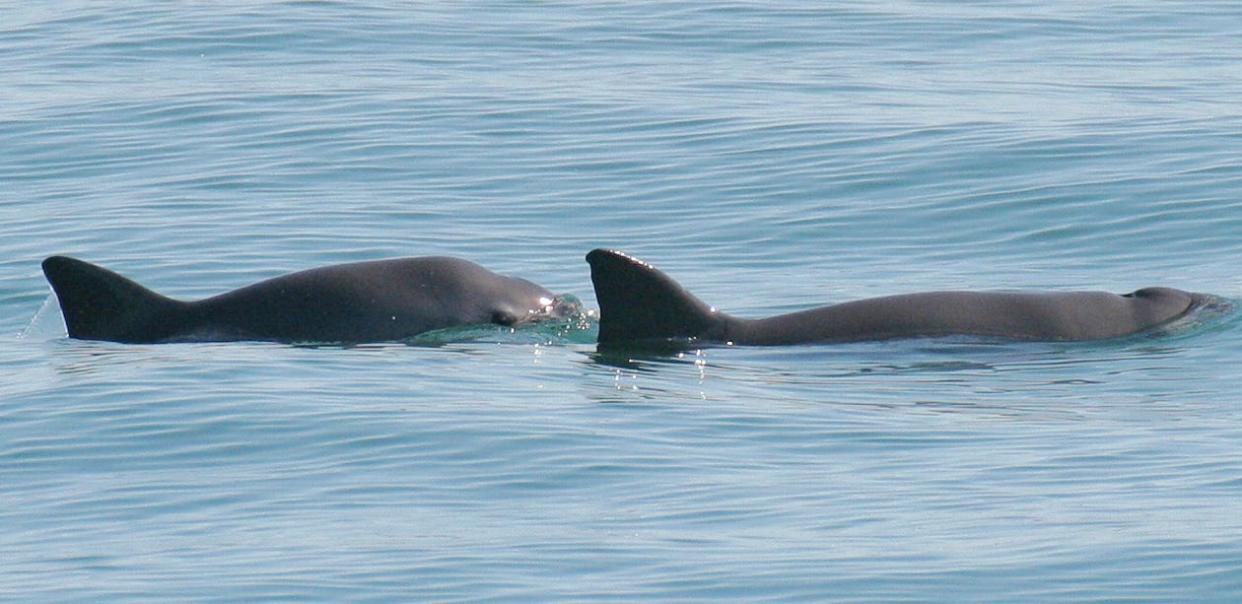
The world's smallest marine mammal, the critically endangered vaquita porpoise, has dwindled to a population of only 10, making sightings of the animals extremely rare.
A new study sheds light on the vaquita porpoise, with population sizes "among the lowest documented in any species to date" for at least tens of thousands of years, according to a study published May 5 in the peer-reviewed journal Science.
The vaquita, about 5 feet in length, is one of the smallest members of the dolphin, whale, and porpoise family, with a rounded head, black patches around their eyes and lips, and a triangle-shaped dorsal fin, according to U.S. National Oceanic and Atmospheric Administration.
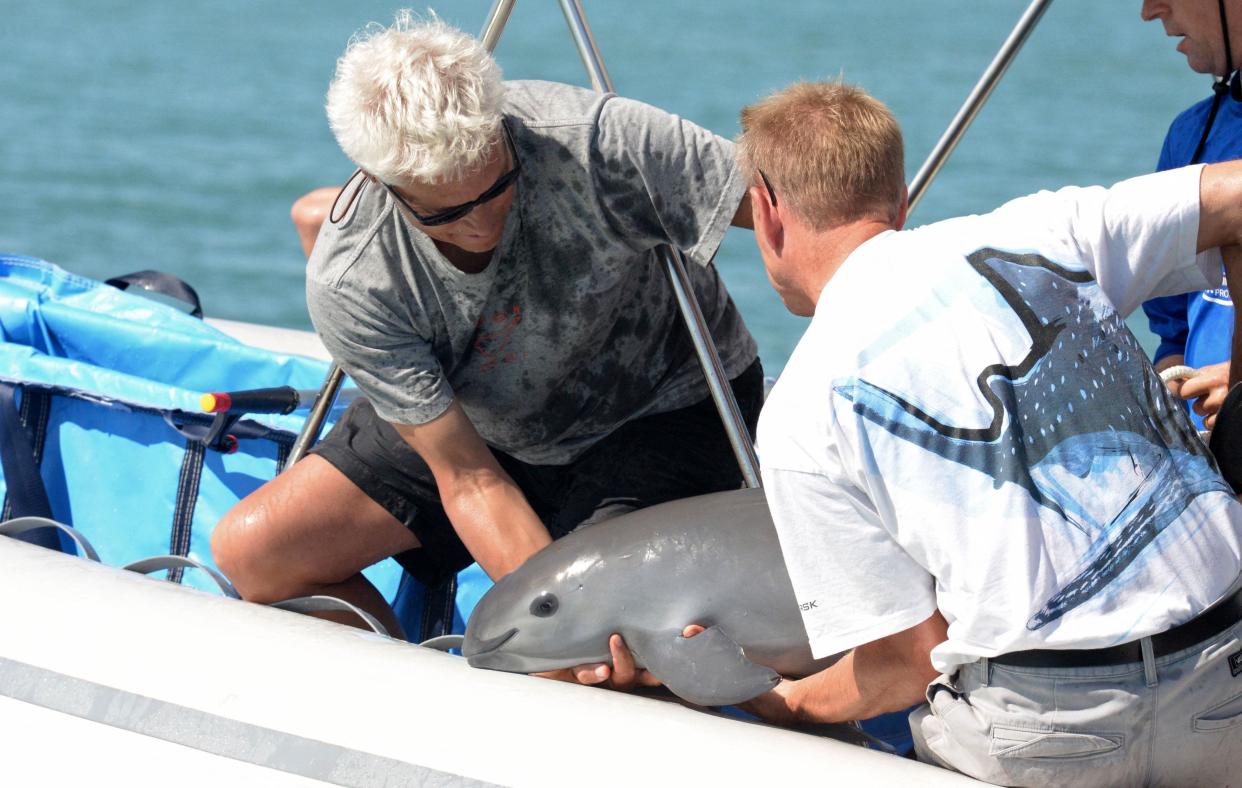
The vaquita porpoise has become more resilient to inbreeding and can avoid harmful genetic mutations, as a result of living in relatively small population sizes, according to the study.
But researchers say the discovery also refutes a view that the vaquita is only doomed by genetic factors. Illegal fishing practices may also play a part.
"Vaquitas have survived with low diversity for tens of thousands of years and have endured environmental changes in the past, which suggests that these factors alone do not doom the species to extinction," the study said.
Despite Mexico outlawing some fishing and the use of gillnets in 2017, these practices continue to push vaquitas, which share a habitat with the endangered totoaba fish, to the brink of extinction.
The totoaba is highly sought after in China. Its swim bladder is used in a traditional medicinal soup, according to NOAA.
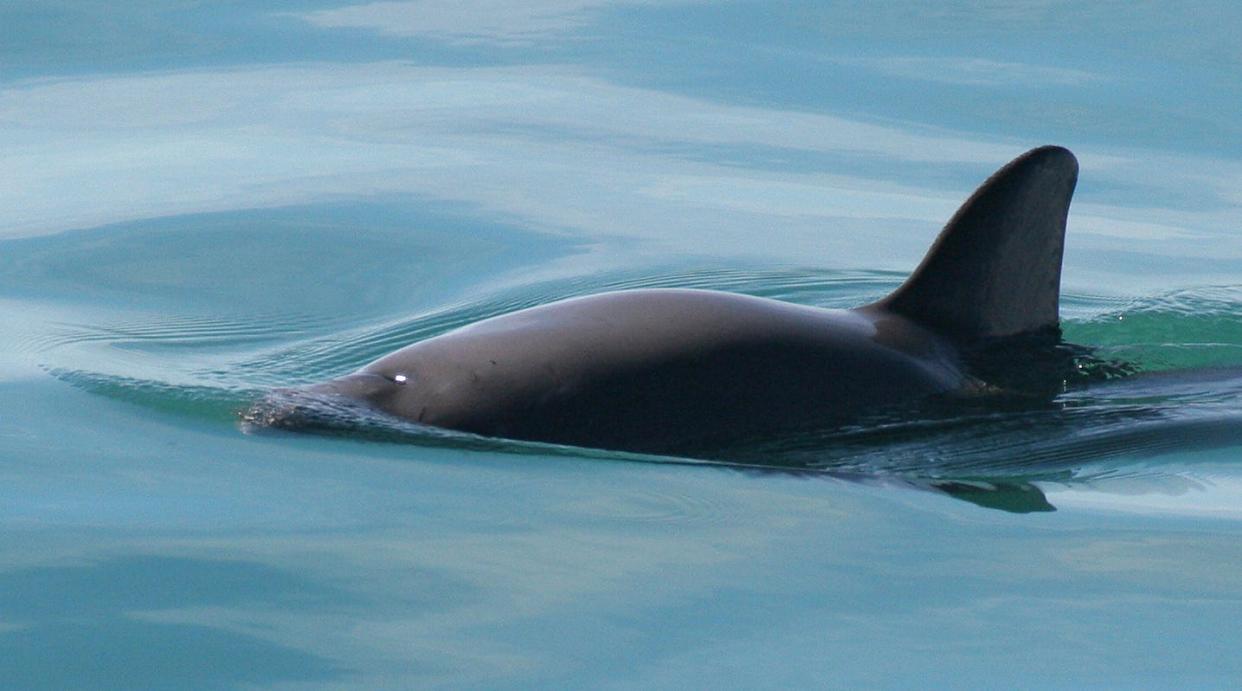
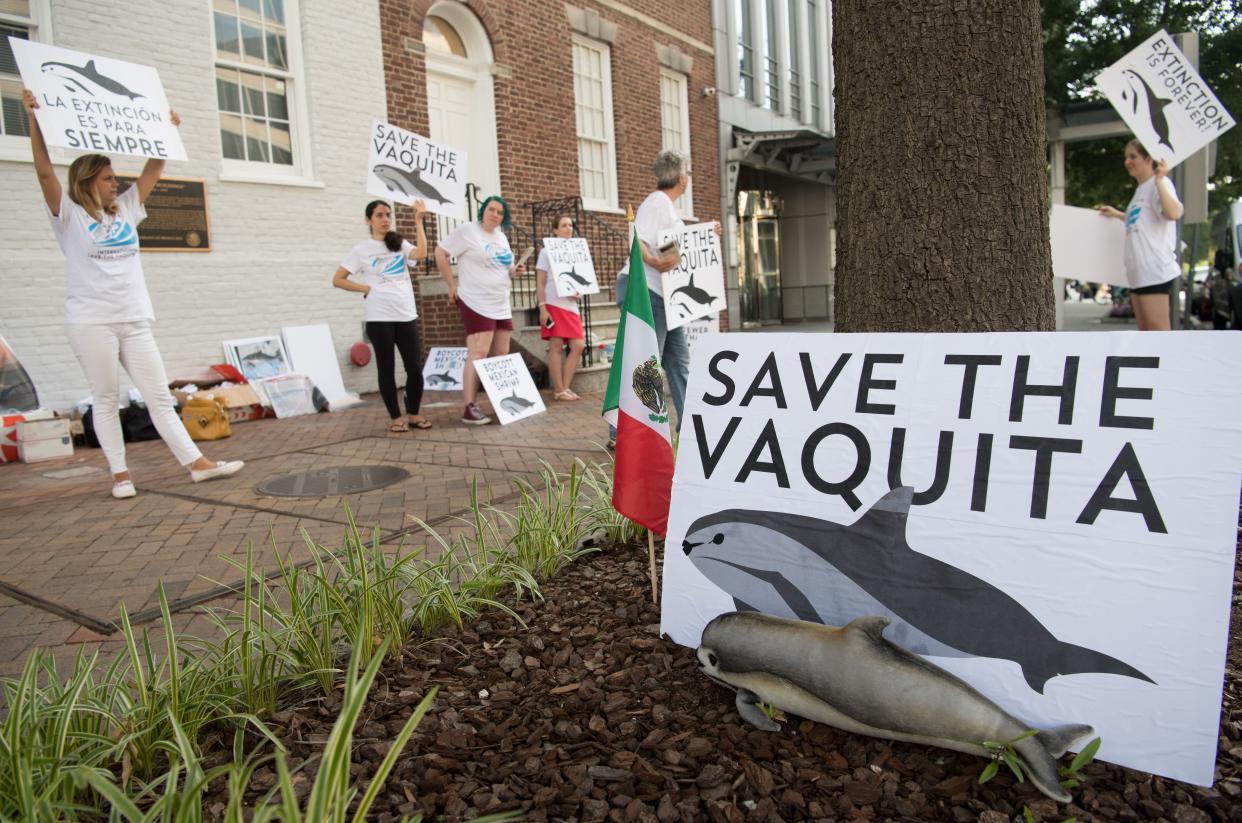
Vaquita tissue samples spanning approximately three vaquita generations, from 1985 to 2017, were used in the study. Without the tissue samples, scientists may have considered the species a lost cause doomed by inbreeding and not fully inspected the importance of conservation efforts.
Though the study points to a future with more vacquitas, even the modest use of gillnets could significantly reduce conservation efforts,according to researchers.
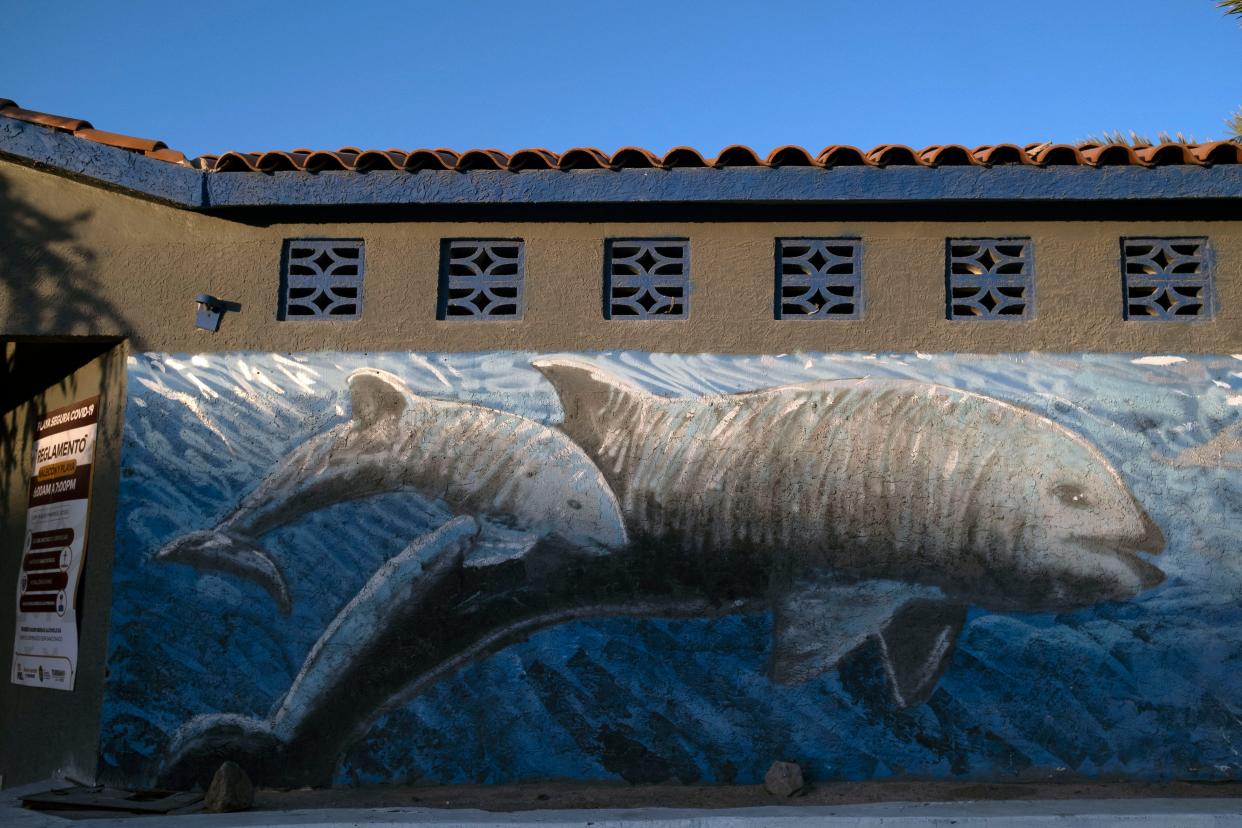
This article originally appeared on USA TODAY: Vaquita porpoise population drops to a population of 10
